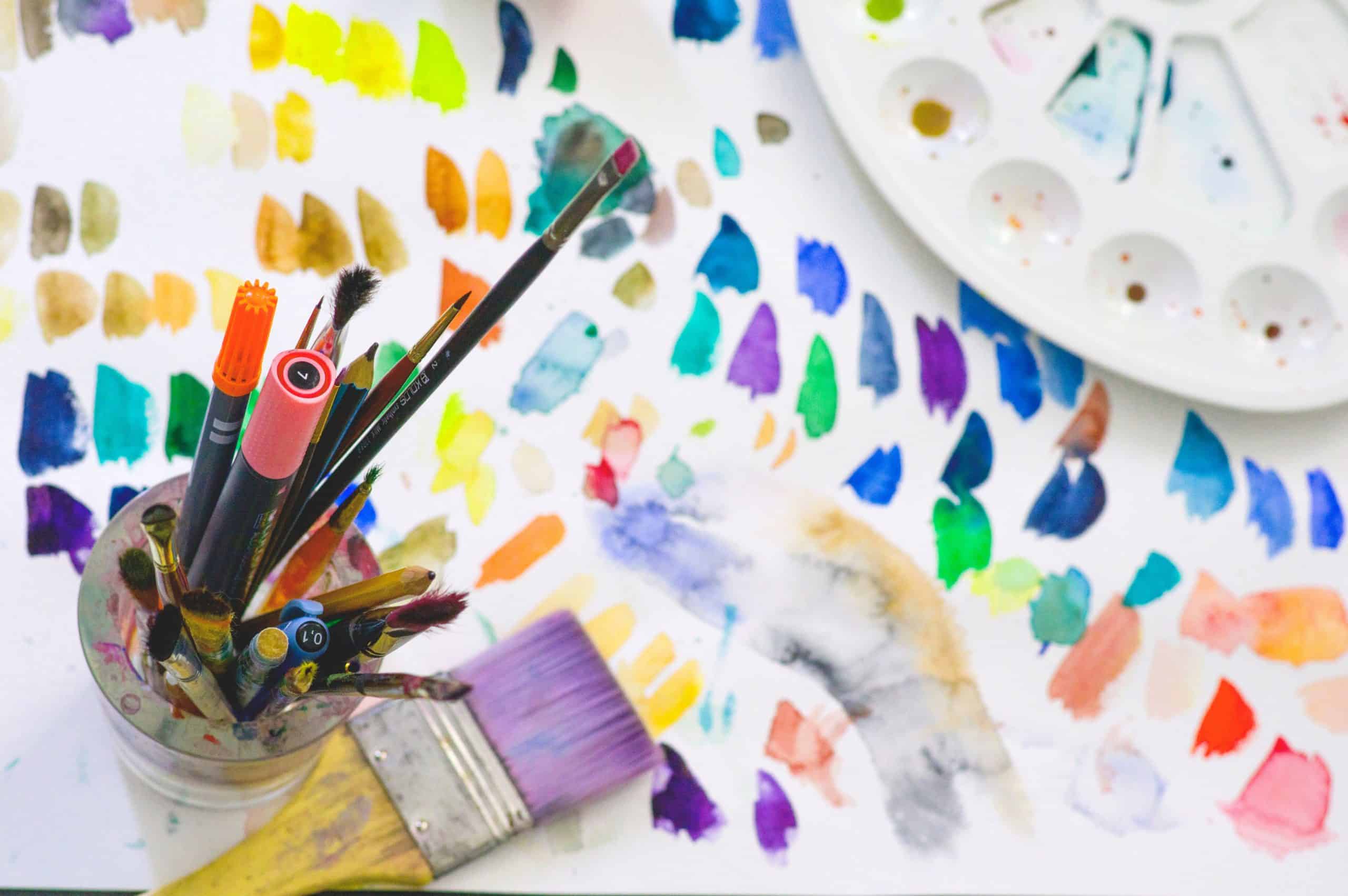Engaging Children in The Arts: Visual Arts and Music
A lesson plan may seem wonderful in theory and may be of interest to the teacher, however there are some students who will not want to participate in the way that is anticipated. When teaching music and the arts, it can often depend on how much funding and resources a school/childcare/learning environment has, sometimes creating barriers to learning through socioeconomical disadvantages.
Although not every school or childcare centre has equal funding for resources, there are many ways in which you can provide learning activities to students who are impacted by these barriers. Begin by learning the topic, explaining the different aspects of the topic, then asking students for their input on how they could practically apply the lesson. Alternatively, the use of technology and media can assist in this. For example, a school does not have the resources for children to have a physical guitar or drum set to practice on, however the children have tablets or iPads as learning tools. Allow the children who have access to the technological resources to use them for practical music lessons. Utilising various applications on devices can sometimes be just as effective as the physical object/tool.
When teaching music, some strategies that teachers can use are:
- Providing variety- allowing children to choose areas or instruments without delegating these points
- Having multiple music genres available to learn/study
- Engage children in making their own music (this can be through technology, learning how to read music then writing it, recording their own music)
- Looking at different objects and materials to see what sounds they make
- Allow access to technological learning (applications such as garage band, etc.)
- Using different visual arts mediums (sculpting, painting, drawing)
- Utilising different tools (brushes, hands, wire, leaves)
- Engaging children in messy art (if the children are required to wear uniforms, either encourage them to wear pain smocks or bring clothes that can get messy)
- Allow children to use technological mediums to create artworks
 |
| (Clker.com, 2012) |
References
Clker.com. (2012). [Image]. Retrieved 13 September 2021, from http://www.clker.com/clipart-circle-holding-hands- stick-people-multi-coloured.html.
Saunders, R. (1970). <i>Studies in Art Education,</i> <i>11</i>(2), 55-56. doi:10.2307/1319579

No comments:
Post a Comment